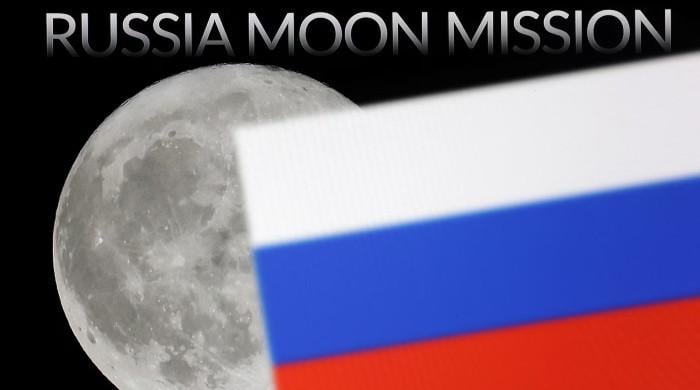This is how you can enhance your focus; neuroscientist reveals
Srini Pillay, Harvard psychiatrist and neuroscientist, shares insights into power of music for enhancing focus and concentration
September 03, 2023

Are you struggling to concentrate?
Finding it hard to stay on track?
Well, the solution might be simpler than you think – just press play on your favourite tunes.
Music, it turns out, has a remarkable power to boost your focus and attention, according to Harvard neuroscientist Dr Srini Pillay.
Dr Pillay, an expert in the field of brain research, has uncovered some intriguing insights into how music can fine-tune your cognitive abilities. The secret, he says, lies in choosing the right type of music for different situations.
First off, it's important to understand that there's no one-size-fits-all genre when it comes to enhancing focus.
Dr Pillay suggests that the most effective music for concentration is the kind you already know and love – familiar tunes. These songs activate various parts of your brain, making it easier for you to stay engaged with your work or tasks.
So, what music should you listen?
It depends on your mood or the situation, as Dr Pillay suggests. If you're feeling stressed, opt for calming melodies like Miley Cyrus' "Flowers" or Jason Aldean's "Big Green Tractor."
When you need to release pent-up anger, Eminem's "Lose Yourself" can do wonders.
To cope with sadness or loss, you can let Albinoni's "Adagio in G Minor" soothe your soul.
And, if you are under the clouds and going through moments of agitation, you should rock out to Nirvana's "Smells Like Teen Spirit"?
It's worth noting that not all music genres are equally effective. Dr Pillay's research shows that "soft-fast" tunes, like Jason Mraz's "I'm Yours" or Beyoncé's "Love on Top," are ideal when you are learning and absorbing new information.
On the flip side, "loud-fast," "soft-slow," and "loud-slow" music can hinder your learning progress.
Instrumental music, without lyrics, tends to be less distracting, says Dr Pillay.
The science behind music's impact on focus lies in its ability to reduce stress and cortisol levels, allowing your brain's focus centres to operate without interruptions. Hence, you need to be cautious of emotionally charged music as it can disrupt your concentration.
According to Dr Pillay, harnessing the power of music to enhance your focus is a simple yet effective strategy. By selecting familiar tunes that resonate with your mood and task, you can reduce stress, connect with your emotions, and sharpen your cognitive abilities, he stresses.
So, the next time you get down to work or study, don't forget to tune in – your brain will thank you.









